#Healthy Gut
Explore tagged Tumblr posts
Text

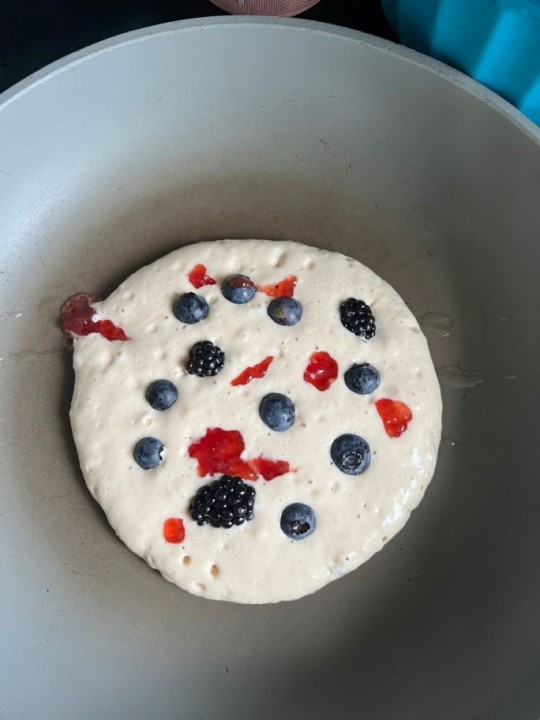
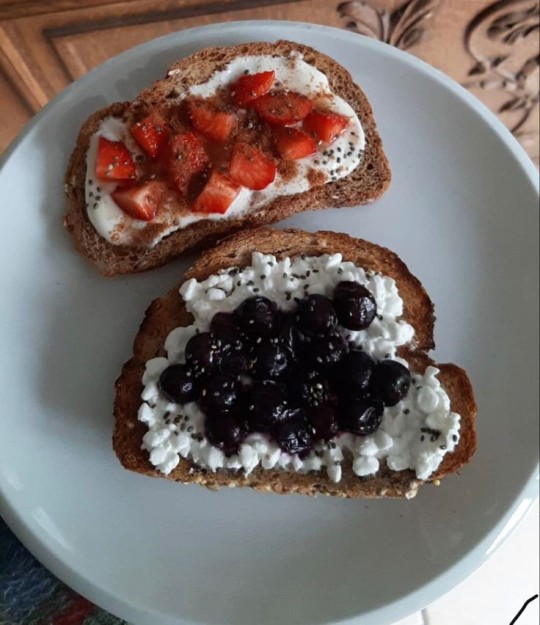

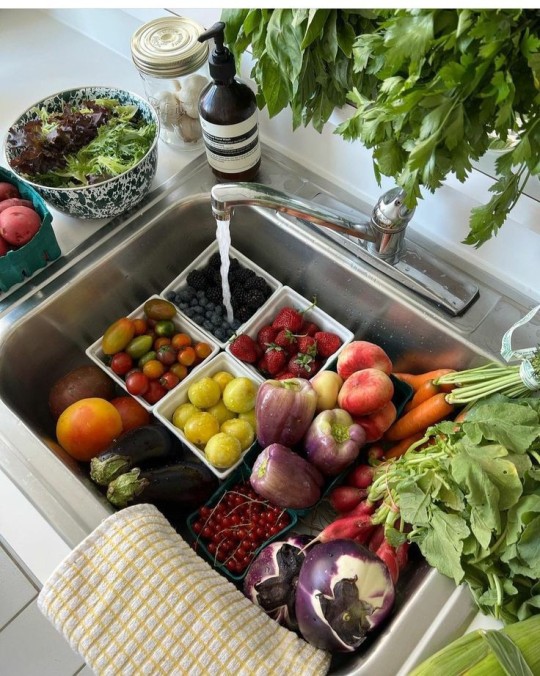
#it girl#that girl#that girl aesthetic#that girl moodboard#green moodboard#clean moodboard#moodboard#clean girl#clean girl era#clean girl aesthetic#wellness girl#wellness and health#wellness blog#wellness#health and wellness#healthy eating#healthy#healthy living#healthcare#health & fitness#healthylifestyle#healthy girl era#healthy girl aesthetic#healthy girl#healthy gut
250 notes
·
View notes
Text
Me and my partner just tried kombucha for the first time together
Got out some white wine glasses and everything
I do not drink alcohol so i felt quite fancy drinking out of a wine glass 😆☺️
We wanted to try some because we heard about the benefits, probiotics for gut health, liver health, heart health and possibly also the killing of bad bacteria.
But also because we thought the process would be quite fun, a new healthy hobby.
And I thought it might be a nice replacement for soft drinks.
I thought I wasn't going to like it, but it's not bad!
We are going to try and make our own scoby for it.
I'll update when we get there ☺️
If anyone has experience with this process and has tips or ideas please let me know!🩷
#personal#kombucha#gut#guthealth#healthy gut#probiotics#liver health#heart health#fermentation#fermenting#tea#holistic health#holistic#crunchy#crunchy mom#crunchymom#homemaker#homemaking#farmcore#egalitarian#cottagecore#traditional#femininity#feminine#cute#my partner
11 notes
·
View notes
Text
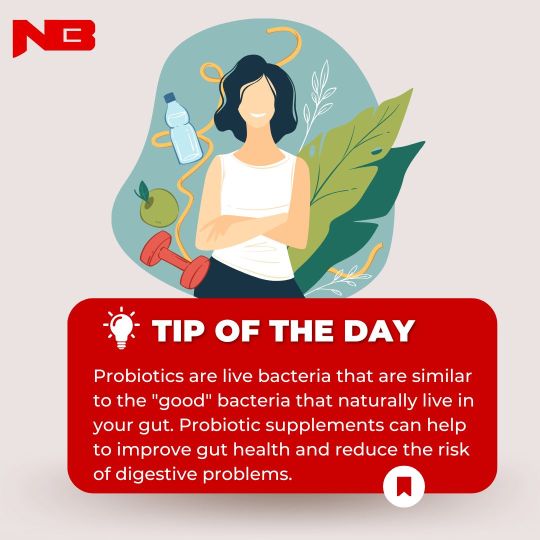
Looking for a way to improve your gut health?
Try probiotics >> bit.ly/3qfuzro
Probiotic supplements can be a safe and effective way to improve gut health and reduce the risk of digestive problems.
#health#nutrition#healthy#healthyeating#guthealth#healthy gut#probiotics#digestive health#healthy eating#gut health matters
6 notes
·
View notes
Text
2 notes
·
View notes
Text
Happy Guts!

Went to Leon this morning and spotted this book. Perfect timing I must say!
I have been on a journey to improve my gut health these past few months. I am not a protein fanatic and don't understand why people are so obsessed with it. Protein is so easy to eat enough... but now fiber... that's a completly different conversation.

I had a Green Shakshuka & Halloumi, which is two poached eggs topped with cumin-spiced green shakshuka, grilled halloumi cheese, aioli, and fresh herbs.
Got it down with a slice of buttered homemade sourdough bread.
0 notes
Text
7 Nutrient-Packed Fruits To Improve Gut Health, Enhance Digestion, And Promote Healthy Gut Flora Naturally
Maintaining a healthy gut is essential for overall well-being. A balanced gut microbiome plays a crucial role in digestion, immunity, and even mental health. One of the easiest and most enjoyable ways to boost gut health is by incorporating fruits rich in fiber, antioxidants, and prebiotics into your diet. Here are seven fruits that can help improve your gut health:- 1. Bananas Bananas are one…

View On WordPress
#digestive health fruits#fruits for better digestion#fruits to enhance digestion#Gut flora#gut health#gut health boosting fr#healthy gut#healthy gut flora#improve digestion#improve gut flora naturally#natural remedies for gut health#Nutrient Packed Fruits#Nutrient-packed fruits for gut health#prebiotics and fiber for gut
0 notes
Text

Discover the essence of Long Healthy Life serene sunrises over lush greenery, pastel minimalism for a calming touch, vibrant smoothie bowls for nourishing habits, energizing jogging scenes in nature, and tranquil moments of meditation by the water. Each image reflects vitality, positivity, and the journey to a long and healthy lifem
Visit:
1 note
·
View note
Text
Boost Your Well-Being with Gut Health Supplements

Our gut has plays an important role in our health. It is a crucial part for digestion and handling the nutrients assimilation. In human gut, there are different types of good microorganism. When these good types of microbes gets disturbed or there is any misbalance of such microbes it may impacts health. A healthy gut is associated with good health and a strong immunity.
0 notes
Text
How can you tell if your digestive system is thriving? While everyone’s “normal��� varies, there are key signs that indicate your gut is in great shape.
#dr naseem melbourne#leading colorectal surgeon#colonoscopy in melbourne#colorectal surgeon#female surgeon#healthy gut#digestive health
0 notes
Text
Gluten-Free Breakfast Ideas for a Healthy Gut
#weight loss#fitness#healthcare#january health tips#gluten free#breakfast#beautiful women#healthy gut#ideas#trendingreels#mental health
0 notes
Text
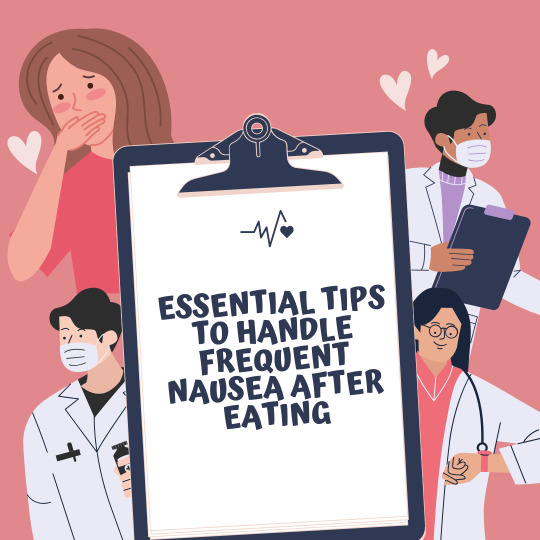
How to Handle Frequent Nausea After Eating: 7 Actionable Tips
Experiencing nausea after eating can be more than just an occasional discomfort, it can become a recurring issue that interferes with your daily life and overall well-being. Whether it's mild queasiness or intense discomfort, frequent nausea after meals is something that shouldn't be ignored. The causes of post-meal nausea can vary widely, ranging from simple overeating to underlying medical conditions such as food intolerances, acid reflux, or digestive disorders. If you've been dealing with this issue, you're not alone, and there are steps you can take to manage and reduce symptoms.
In this blog, we’ll explore seven actionable tips that can help you handle frequent nausea after eating. These tips include practical lifestyle changes, dietary adjustments, and strategies for identifying potential health concerns. With the right approach, you can find relief and regain confidence in your ability to enjoy meals without fear of feeling sick afterward.
Essential Tips to Handle Frequent Nausea After Eating
Frequent nausea after eating can be disruptive and uncomfortable, affecting your daily life and overall well-being. Here are seven tips to help manage it effectively:
1. Find Foods That Trigger Nausea
Not every food is good for your health, especially when it comes to avoiding nausea after meals. Spicy, greasy, and processed foods can irritate your stomach and slow down digestion, and can make you feel sick. Dairy products can also cause problems, especially if you're lactose intolerant, and can lead to nausea and other stomach issues. It's important to figure out which foods are causing this discomfort so you can avoid them. A simple way to prevent your digestive issues is to keep a food diary, where you write down everything you eat and note when you feel nauseous. Over time, you'll notice which foods are the triggers. Once you know what to avoid, you can replace those foods with options that are easier on your stomach, like lean meats, fruits, and vegetables. This will help you feel better and more comfortable after eating, reducing the chances of nausea.
2. Eat Smaller Portions
People often eat more than they need, which can make the stomach work too hard and cause nausea after meals. Eating big portions can overwhelm your stomach, slowing down digestion and leave you feeling bloated and uncomfortable. A simple way to fix this is by eating smaller portions, which are easier for your stomach to handle. This helps reduce nausea and makes it easier for your body to digest food. You can start by splitting your meals into five or six smaller ones instead of having three big meals a day. Choose foods like lean meat, rice, and vegetables, which are easier to digest and still give your body what it needs. Also, take your time while eating, chewing slowly and enjoying your food helps digestion and prevents discomfort. By eating smaller portions and slowing down, you’ll feel more comfortable and have steady energy throughout the day.
3. Drink Water the Right Way
Staying hydrated is important, but how and when you drink water can make a difference when it comes to preventing nausea after meals. Drinking too much water while eating can slow down digestion and make you feel bloated or uncomfortable. Instead, try drinking water between meals rather than during them. This way, you can keep yourself hydrated without upsetting your stomach. You can also drink herbal teas like ginger or peppermint, which help soothe your stomach and reduce nausea. Make it a habit to drink water throughout the day, starting with a glass in the morning, and carry a water bottle to remind yourself to sip regularly. If you get thirsty while eating, take small sips instead of drinking large amounts at once.
4. Use Ginger or Peppermint
Ginger and peppermint are simple, natural ways to help reduce nausea after eating. Both are known to calm your stomach and make digestion easier. Ginger helps soothe an upset stomach, while peppermint can relax your stomach muscles and reduce bloating. You can try drinking ginger tea or peppermint tea after meals to feel better. Another easy option is chewing on a small piece of fresh ginger or peppermint gum. If you don’t like tea, you can also use peppermint lozenges or ginger candies, which are quick and easy to carry around. When you add ginger or peppermint to your daily routine it can help you feel more comfortable after eating, providing natural relief without any hassle.
5. Eat Slowly and Focus on Your Meal
Eating slowly and focusing on your meal can really help reduce nausea. When you eat too fast, you swallow air along with your food, which can make you feel bloated and uncomfortable. It also makes your stomach work harder, which can not only lead to nausea but also impacts on your gut health condition. By taking your time and chewing your food well, you make it easier for your stomach to digest. Try putting down your fork or spoon between bites and avoid distractions like your phone or TV. This helps you pay attention to what you're eating, so you don’t overeat and feel sick afterward. Eating slowly also helps you feel full and satisfied without going overboard. When you eat slowly, you can enjoy your meal and can feel better and more comfortable.
6. Manage Stress
When you’re stressed, your body reacts in ways that can upset your stomach and slow down digestion, making you feel uneasy. To avoid this, you should try to create a calm and relaxed environment during meals. Find a quiet place and sit peacefully and take a few deep breaths before you start eating, and focus on enjoying your food. You can also try things like listening to calm music, going for a short walk, or spending time on hobbies can also help lower your stress levels. Even simple activities like chatting with loved ones or practicing deep breathing can make a big difference. When you manage your stress, it helps you feel better and also makes it easier for your stomach to do its job, reducing nausea and making meals more enjoyable.
7. Talk to a Doctor If Needed
If your nausea after eating doesn’t improve with small lifestyle changes, it’s important to consider talking to a doctor. Persistent or severe nausea could be a sign of an underlying issue like food intolerances, digestive problems, or other health conditions that need attention. While making adjustments like eating smaller portions or avoiding certain foods can help, they might not solve the problem completely if there’s a deeper cause. A doctor can help identify what’s triggering your nausea and suggest solutions to prevent digestive issues and help you feel better. Keep track of your symptoms, such as when the nausea happens, what foods you’ve eaten, and how often it occurs. Sharing this information can help the doctor pinpoint the issue more easily.
The Bottom Line
Dealing with nausea after eating can be uncomfortable, but making simple changes to your eating habits and lifestyle can help reduce or even eliminate the issue. From identifying trigger foods and eating smaller portions to staying hydrated and managing stress, these small adjustments can go a long way in improving your digestion and overall comfort. If you’ve tried these tips and still experience persistent nausea, it means it's time for you to consult a gastroenterologist to rule out any underlying digestive issues. A gastroenterologist in South Africa can provide expert guidance and help you find a solution tailored to your needs, so you can enjoy your meals without worry.
1 note
·
View note
Text
youtube
Having A Healthy Gut Microbiome is Important
There is one thing you can do every day to ensure better health and happiness: Take care of your gut. https://www.youtube.com/watch?v=y8MvcFLCWwU
1 note
·
View note
Text
Bloating During Menopause: Understanding, Causes, and Tips for Relief
This article is part of our series MENOPAUSE 101. We at FAMILY+ Blog have decided to give our contribution for all women going through this normal phase of a woman’s life. We plan to cover all aspects of menopause as an attempt to help women getting better informed about what it means to undergo menopause and practical tips how to better manage it. Menopause is a time of significant change in a…
#Bloating#Bloating Relief#Bloating Solutions#Digestive Health#gut health#Health And Wellness#Healthy Gut#Healthy Living#Hormonal Changes#Hormone Balance#Menopause#Menopause Journey#Menopause Relief#Menopause Support#Menopause Symptoms#menopause tips#menopauses 101#Perimenopause#Self Care#Wellness Tips#women health#Women Over 40
0 notes
Text
1 note
·
View note
Text






BIOTICSTICKS - FAST MELT PROBIOTIC
MIXED BERRY FLAVOR + OTHER NATURAL FLAVORS
Formulated for the whole family, this delicious berry-flavored daily supplement melts on the tongue — without water! — to support good gut health.
Featuring 1B CFU of probiotic strain Bacillus subtilis DE111®, it helps support digestive health, a healthy microbiome, and aids in healthy immune function and microbial diversity for adults and children.
This great tasting probiotic supplement is easy for life on the go. Sugar-free, sweetened with xylitol.
30 stick packs
https://www.arbonne.com/us/en/arb/EugenieRobitaille/shop-all/nutrition/stick-packs/bioticsticks-fast-melt-probiotic/p/2135%20US
#eugenierobitaille.arbonne.com#arbonne#healthy living#eugenie robitaille#healthy gut#probiotics#vegan probiotics#vegan#bacillus subtilis#microbial#vegan supplement
1 note
·
View note